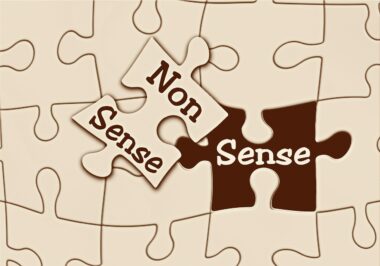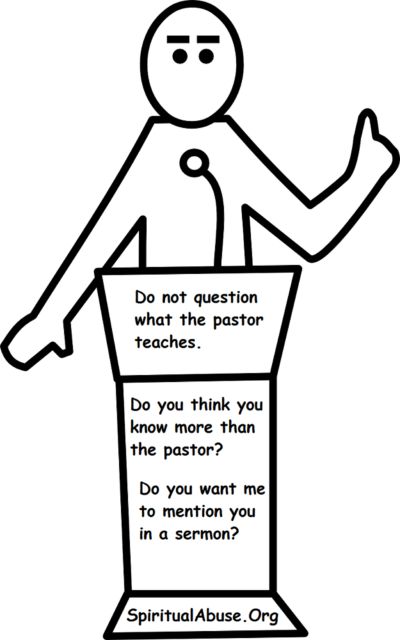Someone told me today that he had come to the conclusion that “Orthodoxy is a fragile thing, which can be good. If it’s false, it can be easily dropped, and broken. But if it’s true, it must be constantly maintained.” I wonder if I misheard him. Because if what we believe is false, it can be easily dropped and broken, yes. But that is when it must be constantly maintained. Only the false is fragile. The truth, like fire, should not be so easily snuffed out.
It was an interesting comment and an interesting line of thought. Should the truth need to be constantly maintained? I don’t believe so. Truth will flourish on it’s own. The false, the insufficient will be easily broken or snuffed out, yes. Something closely related to that has been bothering me lately. After nineteen years of believing a certain way and giving my life to it, I find myself wondering what I believe.
I’m not sorry for the positive things that came of my life in Pentecost, but I don’t believe what I did just two months ago. I told someone not long ago that I haven’t left Pentecostalism, I’ve just grown beyond it. That is very true. It was good in it’s place and time, but there are deeper, richer places in God, and I’m ready to explore those.
So was what I believed false, that it could be easily broken? I can’t answer that yet. Is my faith broken or bigger now? I’d have to say bigger. Maybe in answering the second question, I’ve answered the first. So again I come to the thought that I haven’t left Pentecostalism, but I have grown beyond it.
Only what is false must be constantly maintained, in my opinion. Truth will stand on it’s own, and falsehoods won’t tarnish or change it. Truth is strong, but falsehood is weak and easily broken. Systems that encourage people not to look beyond their group’s way of thinking are maintaining something. But truth promotes growth, not maintenance.
The difference between falsehood and truth, to me, are like the difference between a spark and a bonfire. One can be easily snuffed; the other can burn for days without any human effort. So when I’m told if I miss a service that I’m “leaving truth,” when I realize that after 19 years that two months has totally changed my opinion on certain passages in the Bible… I have to wonder what I was maintaining all these years.
God made the mountains. He put the stars into space. He is truth. Truth doesn’t need to be maintained by humanity. Truth extends way beyond humanity. Who ever heard of maintaining a mountain? Or maintaining a star? So why, then, do we think truth must be fought over and maintained through such careful monitoring of every bit of information that passes our eyes? Truth will stand on it’s own. It isn’t fragile, and there is no need to maintain it.
There is no reason to fear that truth will break so easily. It should be treated respectfully, but even when left alone it will persevere. If a person is afraid that “truth” can be easily broken or lost, that is a very good sign that they are only maintaining an ideology, a mindset, or a thought pattern, rather than real truth and faith.










